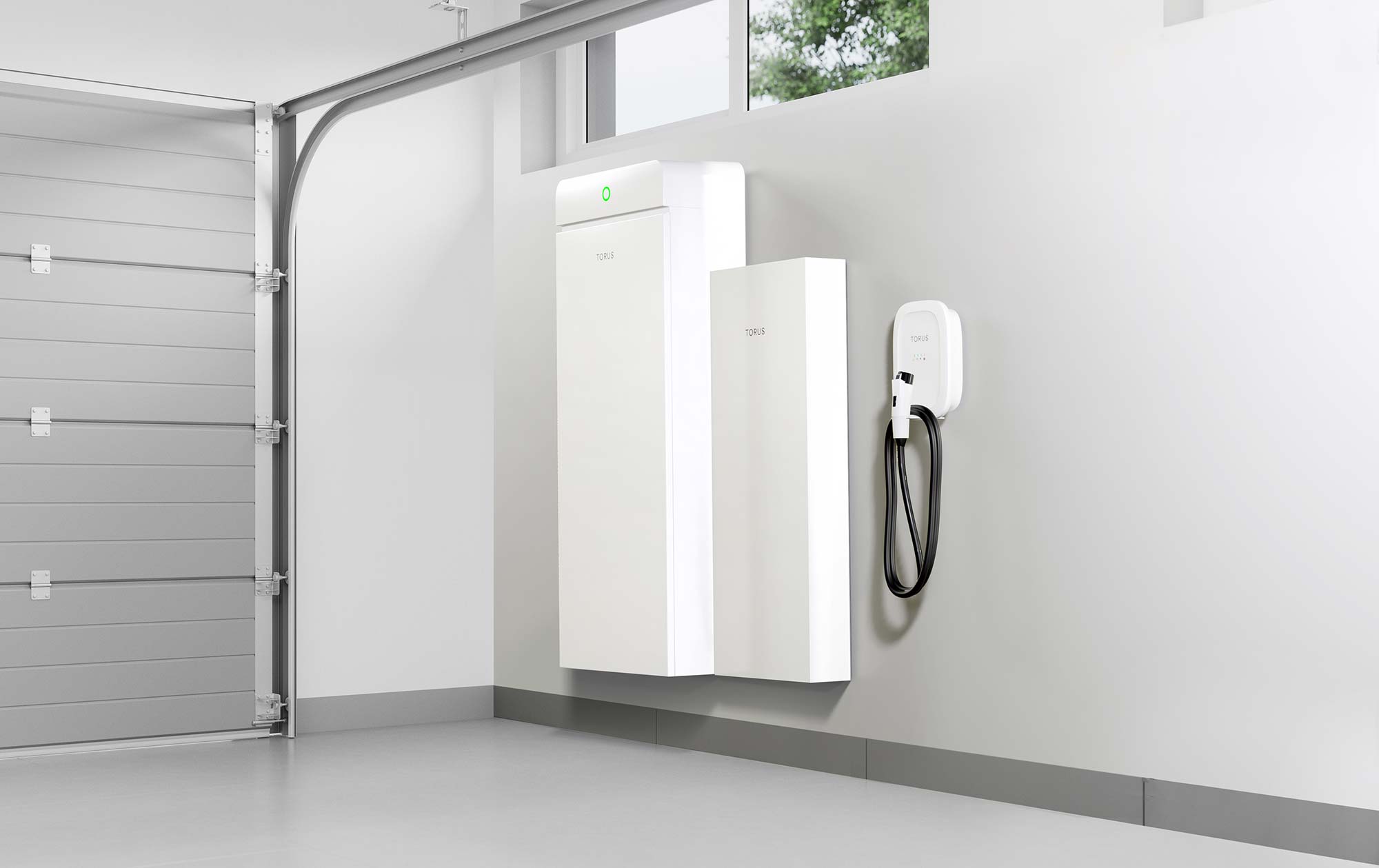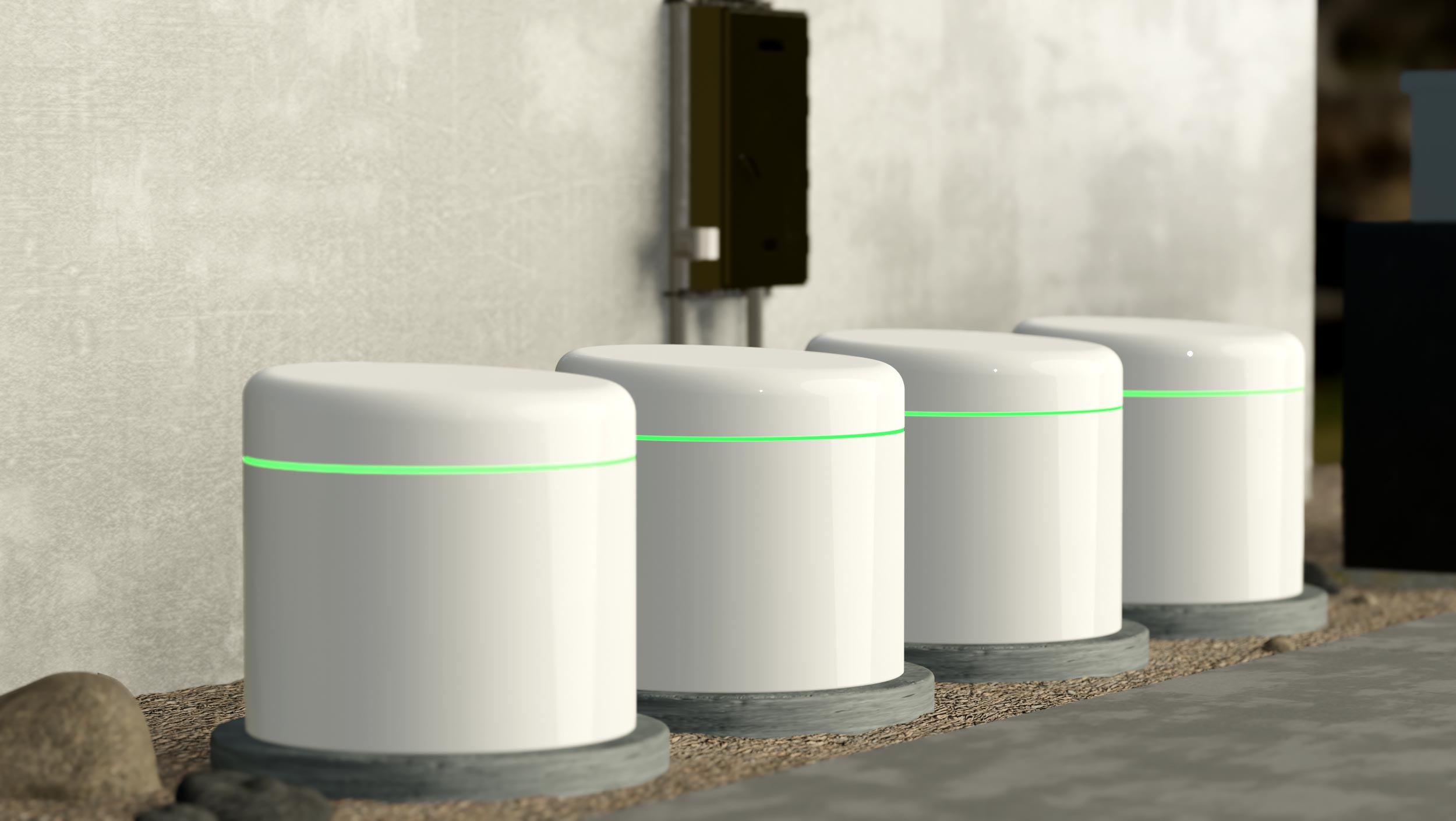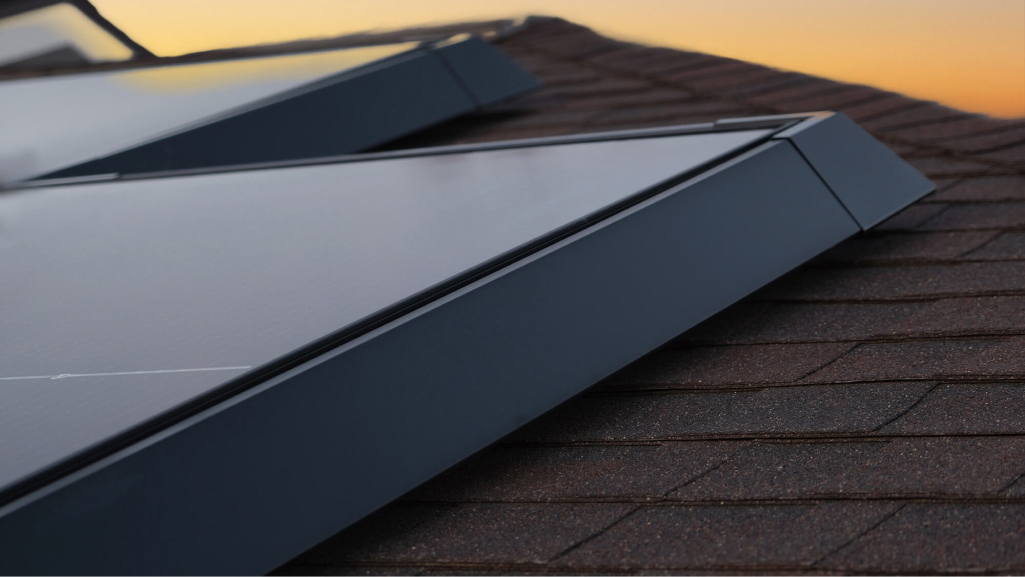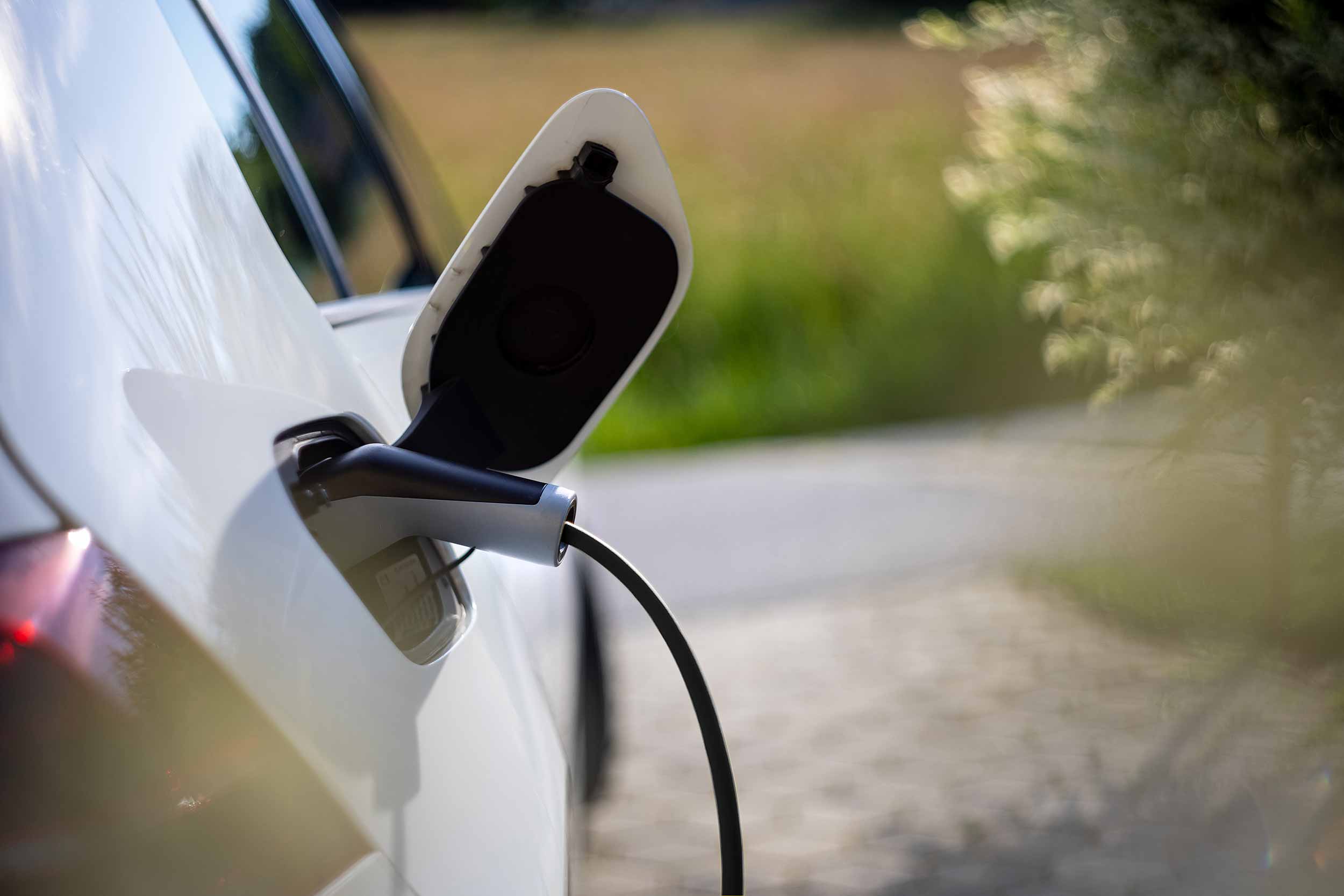Pros & Cons: Gas vs. Electric Dryers
What to weigh when upgrading your laundry room
When it comes to selecting a dryer, the choice between a gas or electric model is an important decision. Gas and electric dryers operate differently and have distinct advantages and considerations. Below, we’re comparing the two, highlighting their features, and discussing factors to consider to help you make an informed choice that fits your needs.
Drying Performance
- Gas Dryers: Gas dryers utilize a gas burner to generate heat, resulting in faster drying times compared to electric dryers. The direct heat allows for efficient removal of moisture from clothes, making gas dryers an excellent choice for large loads or bulky items.
- Electric Dryers: Electric dryers use heating elements to produce heat, which may take slightly longer to dry clothes compared to gas dryers. However, modern electric dryers often feature advanced sensors and technologies that optimize drying performance, resulting in effective and precise drying across a variety of fabric types.
Energy Efficiency
- Gas Dryers: Gas dryers can be more energy-efficient than electric dryers. They can dry clothes faster, reducing overall energy consumption and potentially saving you money on utility bills in the long run. However, the energy efficiency advantage of gas dryers may vary depending on your location and the cost of gas in your area.
- Electric Dryers: Electric dryers have improved in energy efficiency over the years and are now more efficient than ever before. While they may take slightly longer to dry clothes, advanced features like moisture sensors help prevent over-drying and minimize energy wastage. Additionally, if your electricity is sourced from renewable energy, electric dryers can be a cheaper, greener option.
Installation and Safety:
- Gas Dryers: Installing a gas dryer requires a dedicated gas line connection, which may involve professional installation to ensure safety and compliance with building codes. Proper ventilation is necessary to vent out combustion byproducts. Gas dryers come with safety features like automatic shut-off valves and flame sensors to ensure safe operation.
- Electric Dryers: Electric dryers only require access to a dedicated electrical circuit, making installation easier compared to gas dryers. Ventilation is still necessary to expel moist air, but no concerns about combustion byproducts exist. Electric dryers eliminate the risk of gas leaks, providing added peace of mind.
Maintenance and Operating Costs:
- Gas Dryers: Gas dryers generally have higher upfront costs due to the need for a gas line connection. They may also require periodic maintenance, such as cleaning the lint trap and inspecting the gas line for leaks. However, the operating costs of gas dryers can be lower than electric dryers if you live in an area with inexpensive natural gas.
- Electric Dryers: Electric dryers have lower upfront costs compared to gas dryers, as they do not require a gas line connection. They are generally easier to maintain, with simple tasks like cleaning the lint trap being the primary maintenance requirement. However, electricity rates vary by region, so it's important to consider the cost of electricity in your area.
The Torus Station is the most effective way to create, store, and manage clean, renewable energy at home.
Curious? Learn More.
Interested in a free consultation? Get in Touch
Ready to commit? Customize your system




